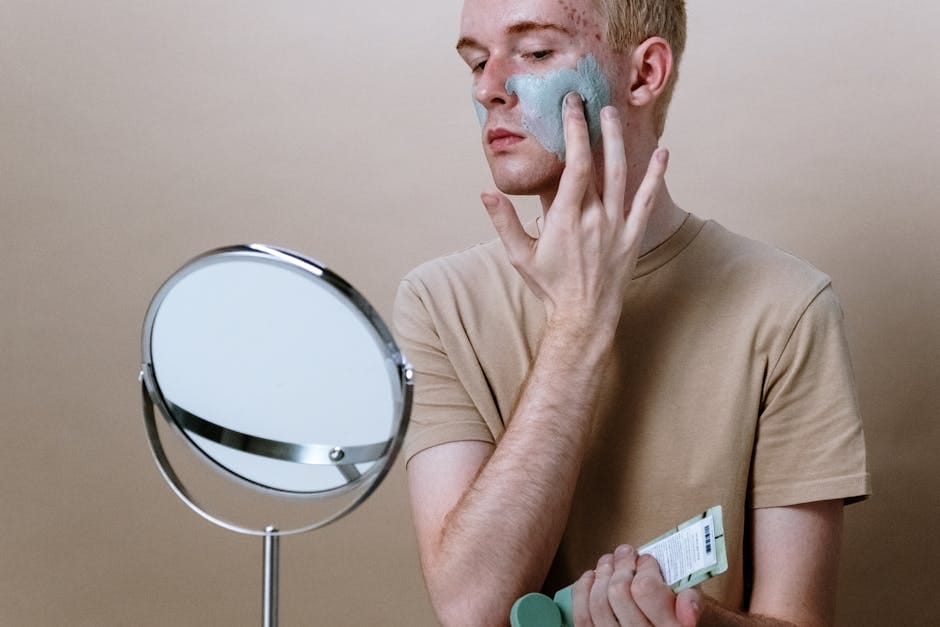Acne. The bane of many a teenager's existence, and let's be honest, plenty of adults too. Those pesky pimples can pop up at the worst possible times, leaving you feeling self-conscious and reaching for the nearest concealer. Luckily, there's a whole world of acne treatments out there, from simple home remedies to prescription medications. Navigating this world can be a bit overwhelming, so let's break down some common options.
One of the first lines of defense against acne is over-the-counter cleansers and creams containing ingredients like benzoyl peroxide or salicylic acid. Benzoyl peroxide works by killing bacteria that contribute to acne, while salicylic acid helps to exfoliate the skin and unclog pores. These are generally good starting points, but it's important to follow the instructions carefully and be patient. Results don't happen overnight.
If over-the-counter treatments aren't cutting it, a visit to the dermatologist might be in order. They can prescribe stronger medications like topical retinoids, which are derived from vitamin A and help to increase skin cell turnover. Another option is antibiotics, either topical or oral, which target the bacteria associated with acne. Your dermatologist can help determine the best course of action based on your specific skin type and the severity of your acne.
For more stubborn cases of acne, there are other treatments available. Chemical peels and microdermabrasion can help to exfoliate the skin and improve its texture. Light therapy and laser treatments can also be effective in reducing inflammation and killing acne-causing bacteria. These treatments are typically performed in a dermatologist's office.
Beyond medical treatments, there are lifestyle changes you can make to help manage your acne. Keeping your skin clean is essential, but avoid harsh scrubbing, which can irritate the skin and make acne worse. A healthy diet and regular exercise can also contribute to clearer skin. And while it's tempting, try your best to resist picking or squeezing pimples, as this can lead to scarring.
Stress is often cited as a contributing factor to acne. While the exact link isn't fully understood, stress can trigger hormonal changes that may worsen breakouts. Finding healthy ways to manage stress, such as exercise, yoga, or meditation, can be beneficial for both your skin and your overall well-being.
It's important to remember that everyone's skin is different, and what works for one person might not work for another. Finding the right acne treatment often involves a bit of trial and error. Be patient with the process and don't be afraid to seek professional advice from a dermatologist. They can help you develop a personalized treatment plan that addresses your specific needs.
Finally, remember that acne is a common skin condition, and you're not alone in dealing with it. While it can be frustrating, there are effective treatments available to help you achieve clearer skin. With the right approach and a little bit of patience, you can win the battle against blemishes and feel confident in your own skin.

